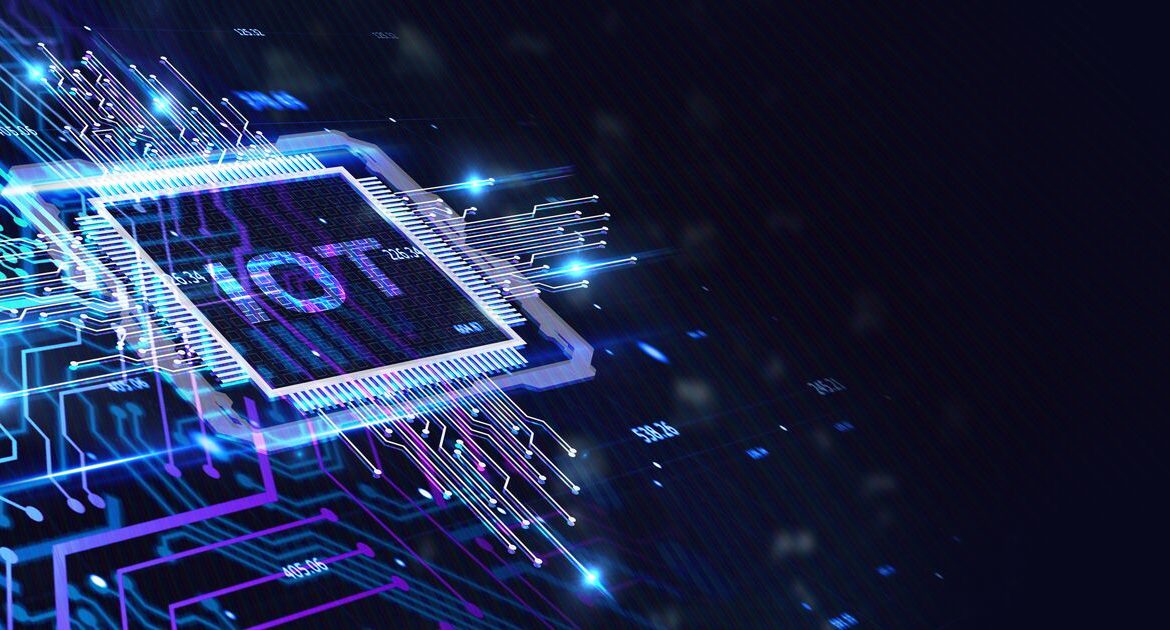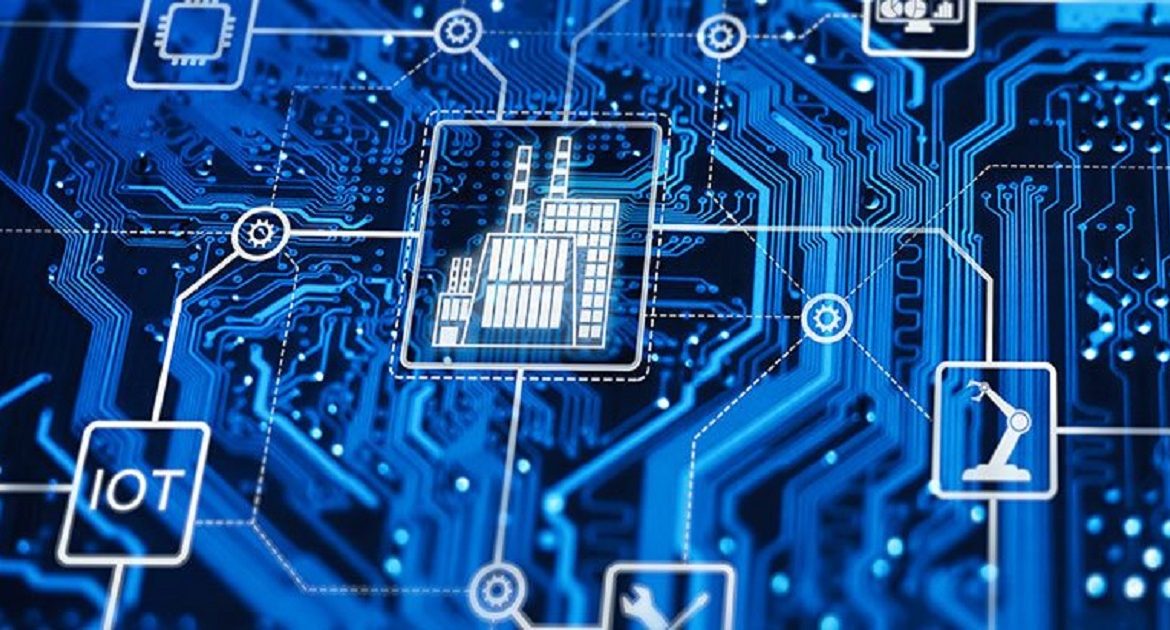We are pleased to offer our comprehensive IoT services to help your business leverage the power of the Internet of Things. Our team of experienced IoT professionals will work with you to understand your unique needs and goals, and develop customized solutions that drive results. Our services include:
Our services include:
- IoT strategy and consulting: We will help you understand the potential of the IoT for your business and develop a roadmap for implementation.
- Device design and development: We will work with you to design and develop custom IoT devices that are tailored to your specific needs.
- Cloud integration and management: We will help you integrate your IoT devices with the cloud and provide ongoing management and support to ensure they are performing at their best.
- Data analytics and visualization: We will use advanced algorithms and machine learning techniques to analyze the data generated by your IoT devices and extract insights and intelligence. We will also build custom dashboards and visualizations to help you make sense of your data.
- Application development: We will build custom applications and services that leverage the data and capabilities of your IoT devices.
- Support and maintenance: We will provide ongoing support and maintenance to ensure that your IoT solutions are reliable and performing at their best.









